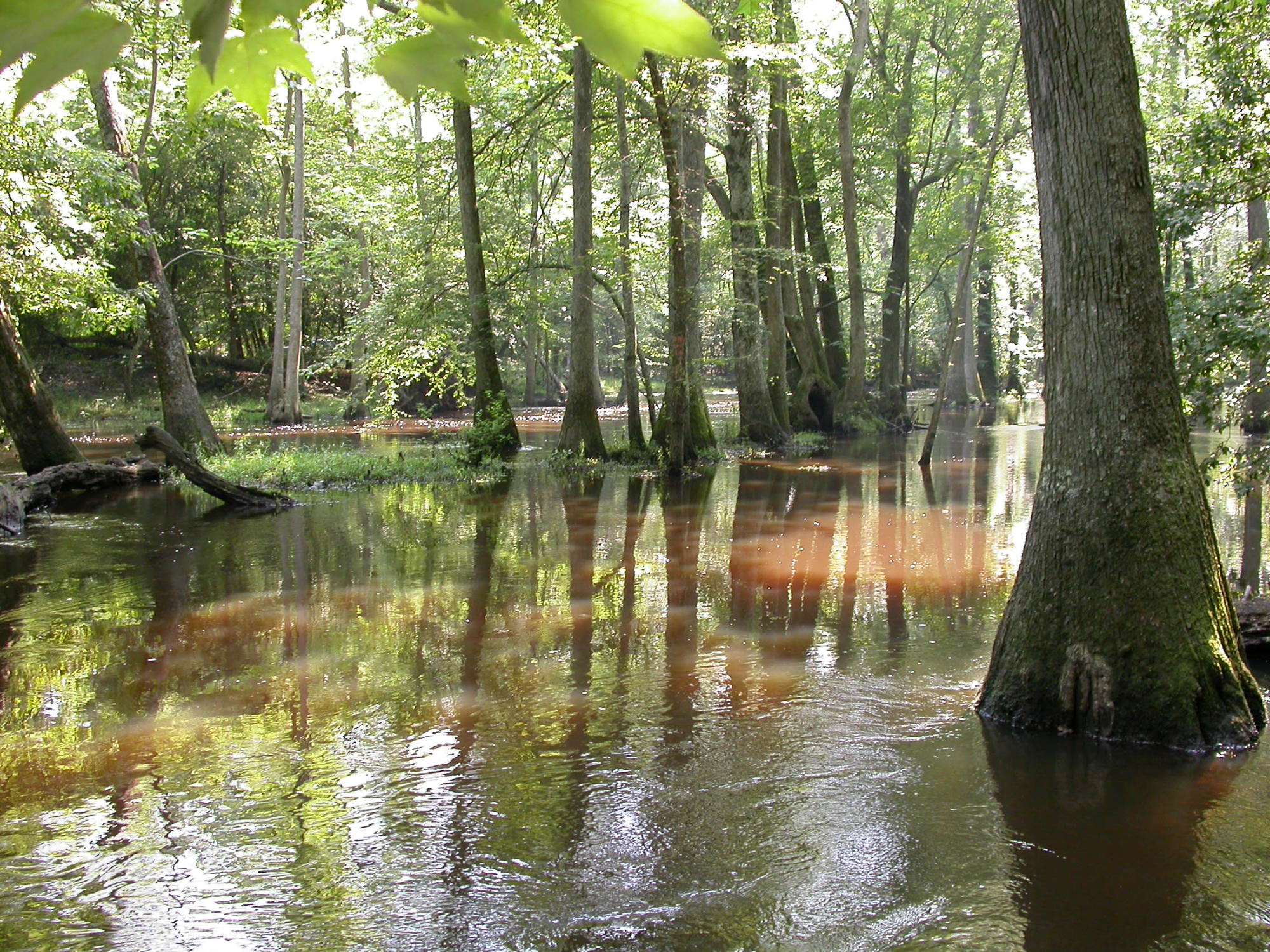2025 January SWS Webinar - Floodplain water quality functions: How mud science leads to actionable management for societal benefits
Thursday, January 16, 2025 (12:00 PM - 1:00 PM) (CST)
Description
Members of SWS know the importance of wetlands, but it can be useful to decision makers and the public to have hard numbers for the benefits that wetlands provide to society. Floodplain wetlands (including their mud) provide many important ecosystem services, from wildlife habitat, biodiversity, flood regulation, and water quality improvement. However, scaling from detailed measurements at sites to larger regions is a challenge, and improved understanding of the controls on floodplain functions can help tailor specific floodplain restoration approaches to meet project goals. Combining sediment biogeochemistry with geomorphic change and remote sensing measurements has been effective for explaining internal water quality processes and how to extrapolate the retention of nitrogen, phosphorus, carbon, and sediment to watershed and to regional scales. Recent work has shown that sediment deposition in floodplains traps nitrogen for an estimated annual value of $261 million USD in the U.S. Mid-Atlantic, but that is offset by an annual cost of $137 million USD from streambank erosion. Hotspots for floodplain sediment retention correspond to locations with greater streambank erosion, suggesting that stream restoration to reduce streambank erosion and reconnect floods to floodplains would be effective for improving water quality.

Floodplain along the nontidal Mattaponi River, Virginia.

Speaker: Gregory B. Noe, Ph.D. Florence Bascom Geoscience Center, U.S. Geological Survey
Greg Noe has been a Research Ecologist with the U.S. Geological Survey in Reston, VA, since 2002, where he leads the Wetland Ecosystem Ecology & Biogeochemistry Laboratory (WEEBL) in the Florence Bascom Geoscience Center. Greg grew up in Appalachian Ohio, and received his bachelor's degree from Virginia Tech, PhD from San Diego State University, and postdoc work at Florida International University. Greg’s research centers on wetlands and watershed processes. His interdisciplinary research uses a whole ecosystem approach to understand and better manage and restore wetlands, stream, and estuaries. In addition to floodplain wetland studies, he leads studies of tidal freshwater wetlands, stream health, and wetland restoration. Something neat to know about Greg as well, he served as the 2021-2022 President of Society of Wetland Scientists.
12-1 PM CDT
83
